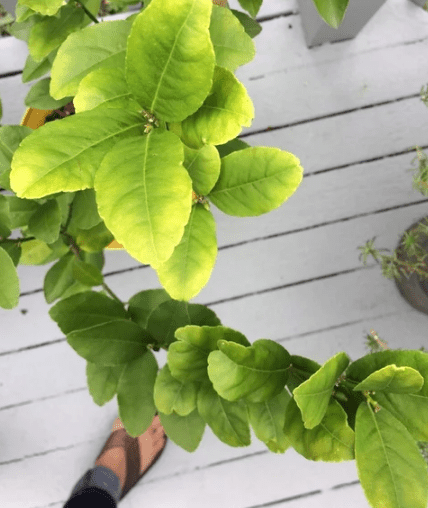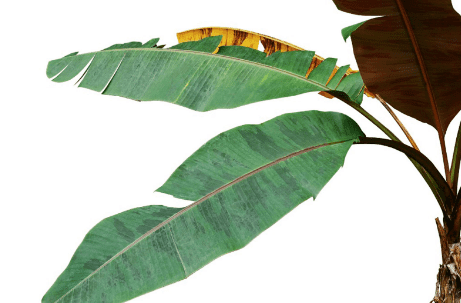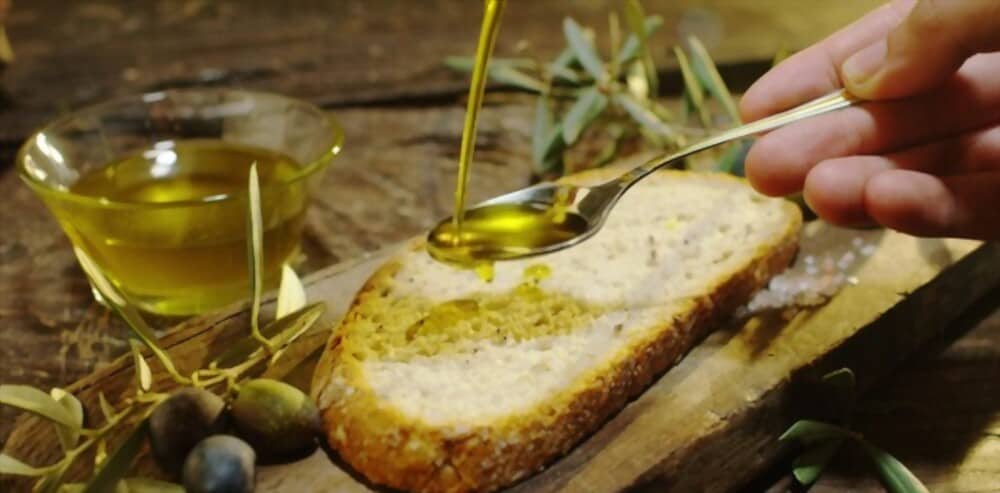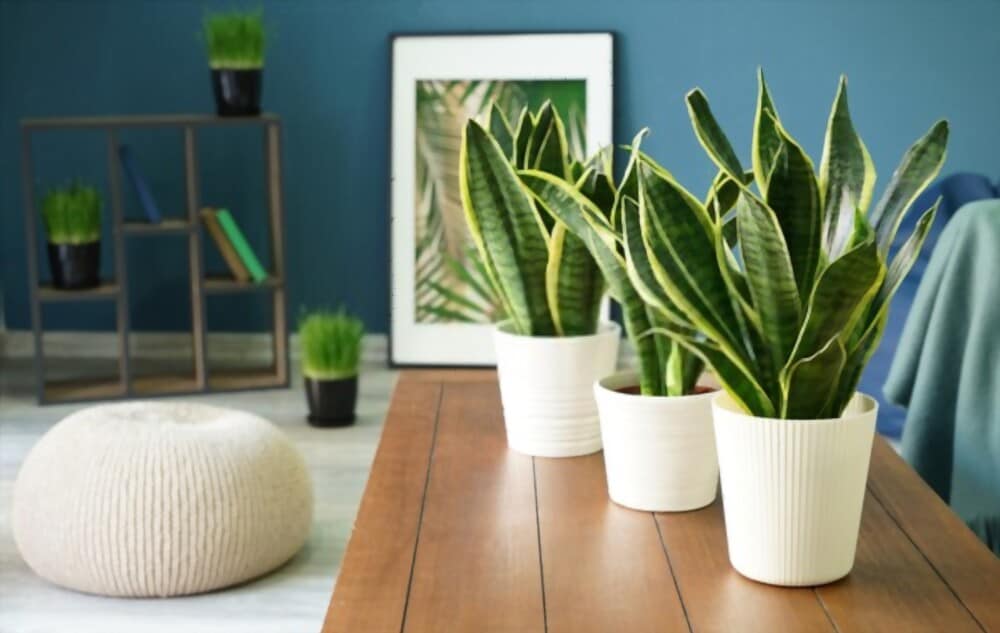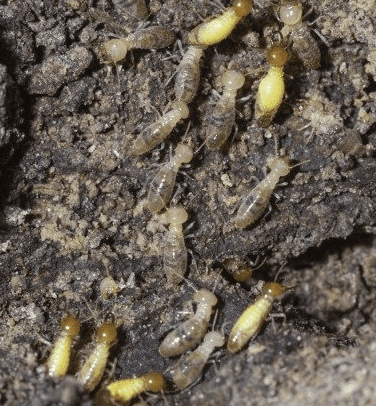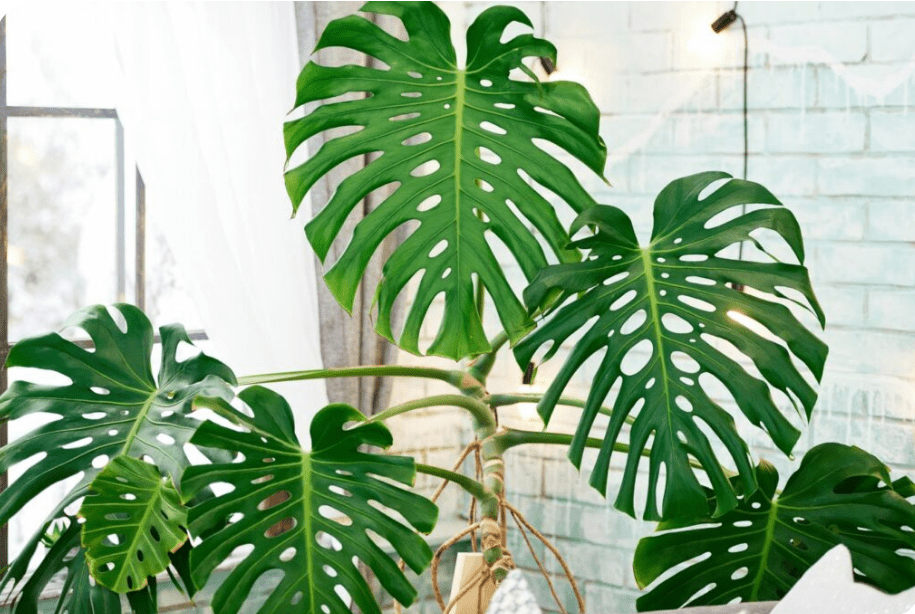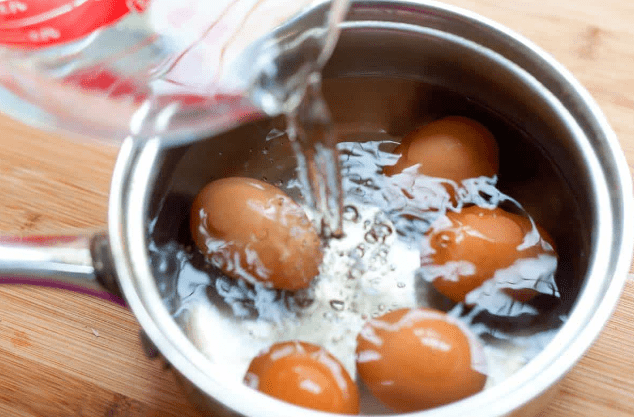Pale Plant Leaves: Causes and Effective Fixes
Have you ever noticed unusually pale or yellow plant leaves? Fortunately, the abnormal growing circumstances that result in pale leaves can be corrected. Overwatering, food deficiency, and insufficient sunlight can all result in pale plant leaves by lowering the quantity of chlorophyll, which is what gives green leaves their color. Additionally, phyllody and chloranthy, two …

